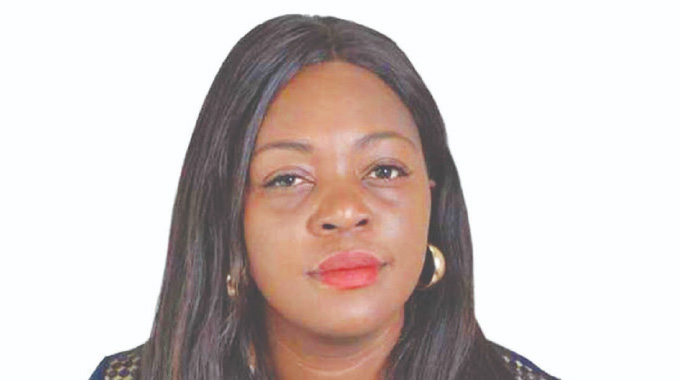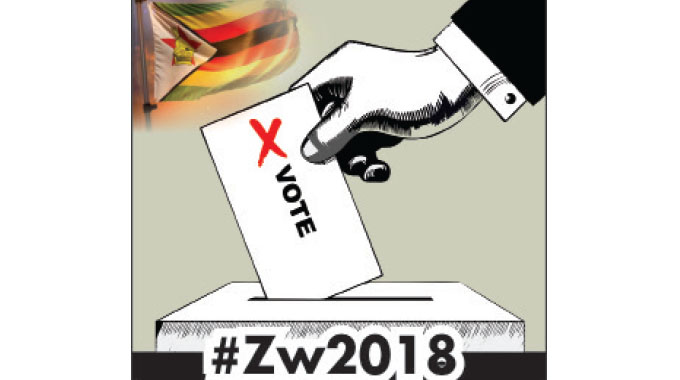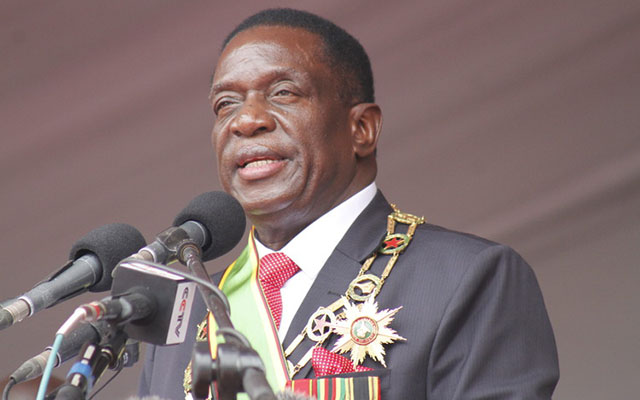Harare City Council ‘revs’ up gender equality
Ruth Butaumocho Gender Editor
Audrey Matenda (37) holds a spray gun at an angle before actuating the air valve to release a fresh coat of paint on the road. She executes her duties like the professional she is. Audrey is one of the several female employees dominating the workforce at the Harare City Council. Working alongside her male colleagues, she steadily holds the gun to accentuate road markings along the High Glen Road, while intermittently giving way to oncoming traffic.
Occasionally, she waves to passing motorists, the majority of them men, who appear shocked to see a woman engaged in heavy duty assignments. Audrey is among hundreds of women who have in the last few years joined Harare City Council, following the municipality’s decision to mainstream gender across its operations.
“We have embraced gender equality in totality and we have been able to do that, thanks to our gender policy document that came into effect in 2012,” Acting Town Clerk, Ms Josephine Ncube said in an interview recently. Despite being saddled with poor service delivery, which is threatening to bring the city’s credibility into disrepute, Harare City Council is among a few local authorities that have been able to walk the talk on gender equality.
The feat was achieved following the city’s decision to adopt gender policy that promotes gender equity across its operations. The council’s gender policy stipulates that it ensures that a thorough gender assessment has been carried out before it can implement any policy. That section of the gender policy document has been instrumental in the rudimentary main-streaming of gender across.
In some instances council has had to push boundaries to ensure that women’s involvement is not mere lip servicing, but inclusive. “Following the adoption of our gender policy, we took a very robust approach towards gender equality and we immediately main-streamed gender in all our operations from service delivery right up to the structures within Harare City Council.
“We now have gender sensitive policies which encourage women, men and the disabled to seek employment in Council with a view to achieve gender equity among the council staff,” Ms Ncube said. She said the policy adoption resulted in the employment of women in spaces and fields previously regarded as preserves for men.
“Women are now found in all departments throughout our operations, a move that has been well received even with the residents and our business partners,” she said. To ensure the gender policy would not be mere rhetoric, the council has gender focal persons in all its strategic business units that take note of achievements and challenges in the implementation of the policy.
“These processes (gender main-streaming) are well resourced to ensure there are no excuses in implementation. It is also heartening to note we are getting recognition from local and regional organizations for our commitment towards gender equality,” she enthused.
Gender Links country manager (Zimbabwe) Ms Priscilla Maposa applauded the city’s robust initiatives in mainstream gender across its operations. “Harare City Council was the first municipality in Zimbabwe to establish gender focal persons in all its departments to ensure that gender issues were taken care of,” said Ms Maposa.
She said council has since opened a centre at Wilkins Hospital, to deal with gender based violence issues, a move which is an affirmation of the municipality’s commitment in addressing gender disparities. Gender Links is a regional non-governmental organization that works with governments, civic organizations and various stakeholders in advocating and promoting gender equality.
The regional organisation, through its Zimbabwe Centres of Excellence in gender main-streaming programmes, is currently working with 43 out of the country’s 92 councils in implementing various gender action plans.
Some of the gender actions plans that Gender Links and local authorities have been working on including construction of maternity hospitals, promotion of females in male dominated fields such as engineering and gender main-streaming activities through gender focal persons.
Raising awareness on the dangers of gender based violence has also seen local authorities on their toes, holding various awareness campaigns throughout the year to reduce incidences of violence in communities.
However, despite the existence of vibrant gender policy document that calls for “efficient delivery services that takes into account gender interest”, Harare City Council’s service provision has been nothing much more than a sham.
Uncollected garbage, burst sewer pipes and long queues for water have become the order of the day; with women bearing the brunt of the poor service delivery that have become a health hazard.
However, Ms Ncube was quick to defend the city’s chaotic status, which she attributed to logistical challenges beyond the city’s scope. “Some of the challenges that we are currently having as a city are as a result of coterie of issues which have been highlighted in the media. Let me hasten to say we are doing all we can to improve service delivery
“In the case of water provision, I am sure you are aware that we are currently installing new equipment at Morton Jaffray Water Treatment Plan, causing disruption of water supplies in the past months. Once the process is complete, we would be able to service our constituency without any problems.”








Comments